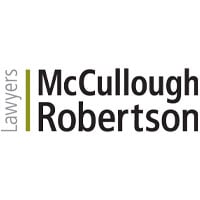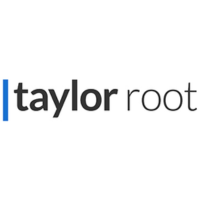

General counsel and company secretary | Clough




Samuel Thomas Knowles
General counsel and company secretary | Clough
Team size: Four
What has been the number one challenge that has impacted you over the past year?
The number one challenge for me has been the Clough group entering and proceeding through an external administration and acquisition process. Over the last six months, this process has very much placed me on the business management front line, but with special regard to managing serious legal and economic risk associated with this process. Upskilling in a highly complicated legal area (namely insolvency law) in a very short period of time challenged me to learn at a very fast rate and ‘on the run.’ However, this learning opportunity has developed my ability to properly assist and advise the business through this difficult and very challenging time, namely an existential crisis.
Looking forward, what technological advancements do you feel will impact the role of in-house legal teams in the future the most?
Virtual meetings: while virtual meetings are now being used in just about every aspect of business, including in relation to court hearings and litigation, I think this has led to a need for in-house lawyers to understand and evaluate the pros and cons of using such technology in any given situation. For example, it may not always be that meetings to discuss matters involving legal issues are best conducted in a virtual environment. Sometimes virtual environments can be a means for people to maintain a level of dis-connectivity, which is not helpful in circumstances where body language and reading of the other people’s emotions and needs is impaired, such as in negotiations (where understanding intent and overall needs of parties is important) or interviewing of a witness (where evaluating credibility is important). However, this technological advancement does and will provide in-house with the ability to streamline certain tasks (for example, contract signing and various business approval signoffs through the use of digital signatures); and collaborate more efficiently so as to reduce response times (for example, use of virtual meetings to close out sign offs and approvals in an expeditious manner).
Legal information sites: with the proliferation of any and every type of information on the internet, it is becoming common for people in a business context to obtain legal information they need and without regard to the limitations in what they may receive and in what context it should be used. It is therefore important that in-house legal maintains an advisory position in business so that the right information and right solution can be obtained for any legal problem confronting the business. Lay persons finding a legal answer to a business problem on the internet is a dangerous way to proceed.
What would you say are the unique qualities required to be successful as an in-house lawyer in your industry?
The ability to contextualise legal advice and legal risk to the business and industry in which one works is a very important skill for achieving best results as an in-house lawyer. While a lawyer can provide you with an answer to a question as to legal position and legal risk, a more astute in-house lawyer can apply that advice to the commercial and business context, thereby providing you with more meaningful advice, particularly in regard to strategy as to how to proceed in the relevant business context.